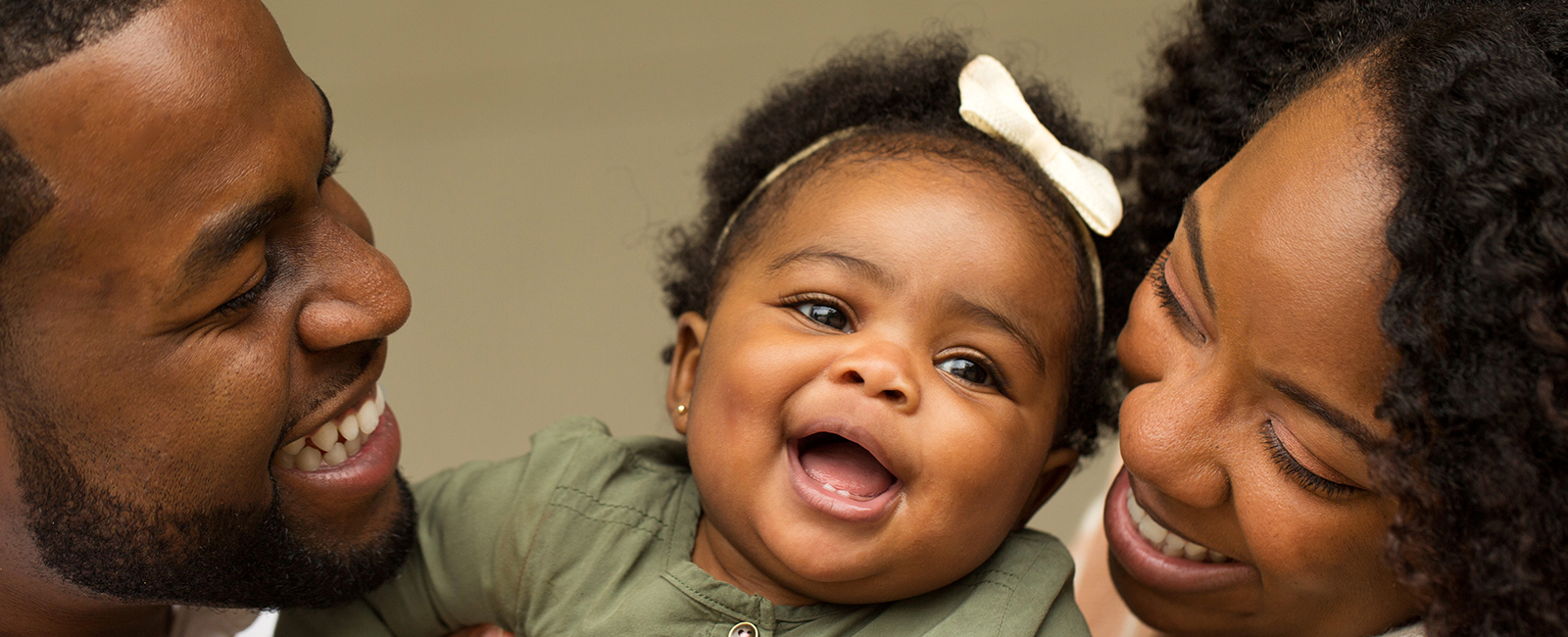Amidst the frantic mess of organizing school supplies, school clothes, bus schedules, and figuring out which days are pizza days at the cafeteria, it’s important for caregivers to take a breather during this back-to-school season and check in with their children to see how they are feeling about their return to the classroom. Many kids will feel nervous, which is completely normal. Most of us, adults, and children alike, get nervous during times of change, and returning to school is a lot of change. A new school year means new teachers, new classmates, stress over expectations, social pressure, and uncertainty about the future. Children that are going to school for the first time also have to navigate a new world, new buildings, people, schedules, and stressors.
Arrange Heart-to-Heart Talks
As a caregiver, making the time to have a simple heart-to-heart talk will support the child by giving them an opportunity to share their thoughts, feelings, and hopes for the upcoming year. The chance to connect can also help soothe the child’s nerves and make them feel supported. For the caregiver, this talk can also help them to gauge if the child is experiencing a normal level of nervousness or something that will require greater care and support.
The Impact of Trauma on Children
This check-in is particularly vital for children who have experienced trauma. Trauma can be caused by many things including immigration or refugee experiences, domestic violence, or even witnessing violence in the neighborhoods in which they live. For these children, the normal stresses of a new school year can compound upon the stresses they already continually experience as they work to recover from their trauma. This stress can then escalate into thoughts, feelings, and behaviors that hinder their functioning and overall wellbeing.
Develop an Emotion Vocabulary With Your Child
To aid with the check-in caregivers can help children understand and communicate how they feel by working to develop an emotion-vocabulary. It’s also important to be open to the sometimes-difficult subjects that should be talked about like bullying, maintaining boundaries, and self-advocacy. Remember, it’s not unusual for a child to say everything is ok when it’s not. So, during this time of change and upheaval, be on the lookout for warning signs that can indicate that it might help to reach out for additional support. Warning behaviors include isolating, crying more than usual, loss of appetite, not sleeping well, trouble paying attention in class, irritability, nightmares, flashbacks, and a general change in behavior. For children who have experienced trauma, many of these behaviors may already be present making communication and noticing any changes from the norm even more important.
Create a Support System Outside of the Family
Being proactive and creating a support system at school for the child will also help during the back-to-school period and throughout the school year. Reach out ahead of time to a school counselor, social worker, or teacher, and arrange a time when the child could meet them prior to the hustle and bustle of the first day of school. This will empower the child with an action plan. When they need help, they’ll know what to do and who to contact.
Once school is in session, create time to talk about their school day. The daily check-in structure can help children organize their thoughts while also maintaining a sense of stability and safety. And participating in extracurricular activities, outside of school or home, are also a great way to not only provide stress relief (and fun!) but also gives kids a chance to gain mastery over a skill, be social, and make new friends.
If you are a parent or caregiver of a child who has experienced trauma paying attention, being available, and being proactive can help ease the start of the school year and help them develop healthy emotional wellbeing. For more information about additional ways to provide children and teenagers who have experienced trauma with the skills and resources needed to build healthier, successful futures check out NVFS’ Youth Initiatives program. Our English/Spanish services include individual and group mental health support for Northern Virginia children and families where and when it’s convenient for them.


